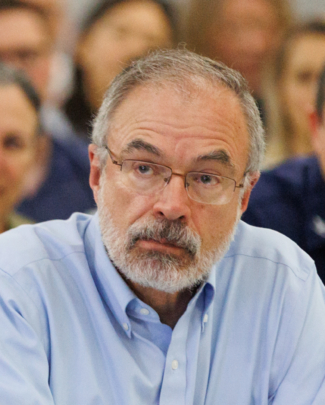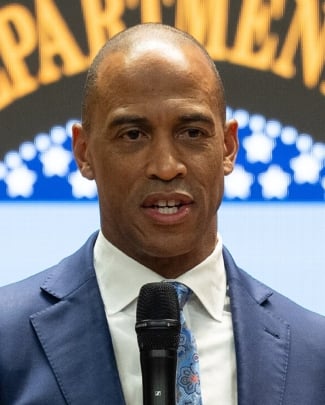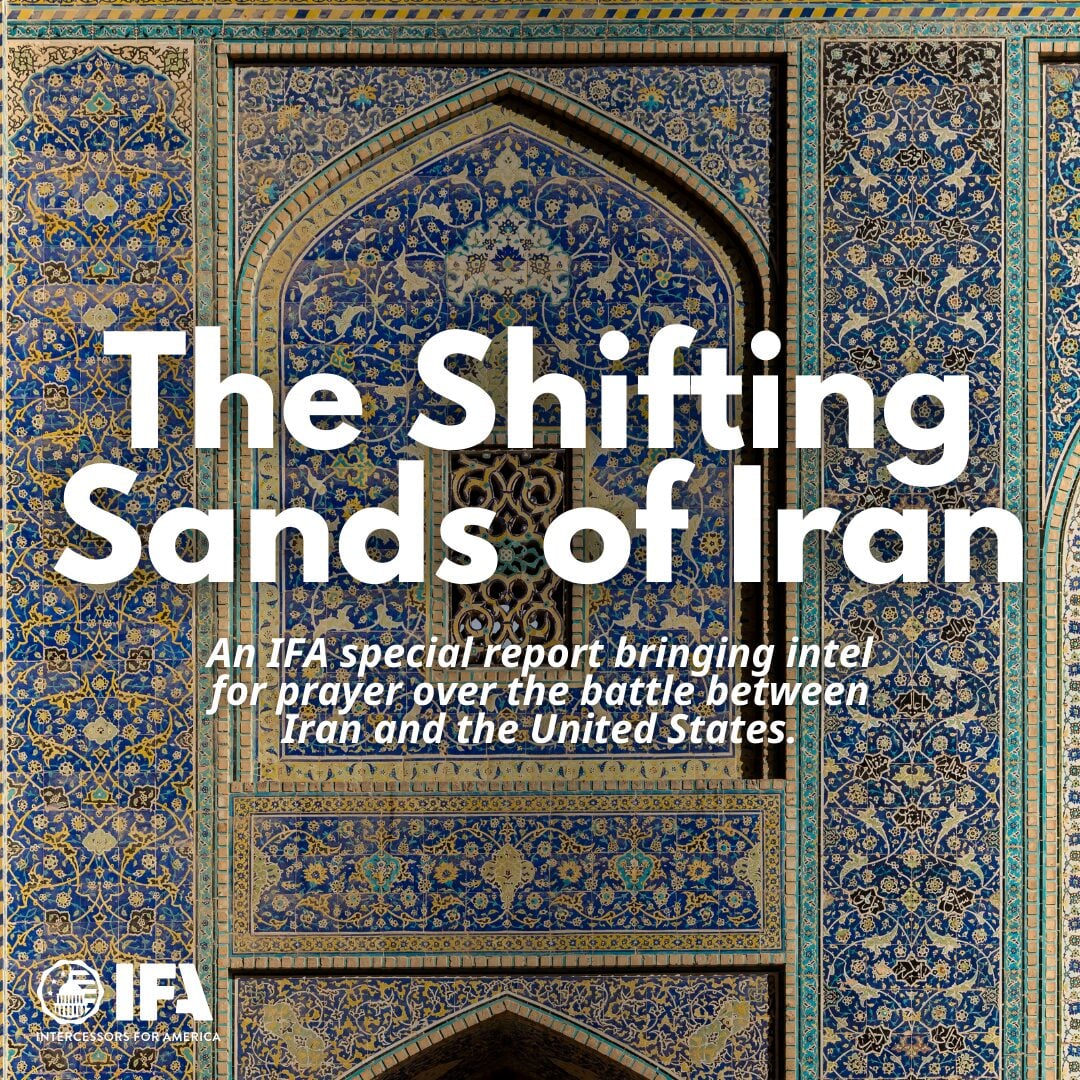Kavanaugh’s nomination in 2018 ignited one of the most partisan moments of the Trump presidency. This spring, Kavanaugh privately raised a way out of a separate battle involving the President who appointed him and the Democratic-run House of Representatives, which had been investigating Trump on multiple fronts.
The House had impeached Trump in December 2019 but had then seen its charges rejected in a Senate acquittal of Trump in February.
The unrelated Supreme Court dispute known as Trump v. Mazars began after the US House had directed subpoenas at Trump’s accountants Mazars USA and two of his banks, Capital One and Deutsche Bank. Trump’s lawyers argued the subpoenas lacked any valid legislative purpose.
Kavanaugh raised a theory known as the “political question” doctrine, which holds that certain disputes are more properly worked out between the political branches rather than by judges. He theorized that the case might be left to the usual back-and-forth of the White House and Congress to figure things out.
His approach would provide an off-ramp for one of the imminent confrontations between Trump and the court. . . .
During one of the justices’ private teleconferences, according to three sources, Kavanaugh convinced his colleagues to ask for supplemental filings on whether the political-question doctrine applied or there was any other reason the justices could not decide the case.
The discussion among the justices, sources said, concerned the practicalities of whether the issue Kavanaugh had raised would be relevant to the case involving private parties and whether it was prudent to make the late-hour request.
But there was a larger canvas that captured the attention of commentators once it became known that justices were mulling the idea as they asked for the new filings in April. Kavanaugh and other conservatives have long sought to bolster executive power, and if the high court were to decide that the House subpoena case was too political to resolve, it would dramatically undermine congressional power. Congress’ investigative committees would be unable to turn to courts to enforce orders against the President and his people.
Yet in this particular controversy, involving Trump’s accountants and banks, if the high court were to declare the House subpoenas beyond the reach of judges, there would arguably be no way for Trump to prevent his financial institutions from providing his records to House investigators. The short-term loss could be Trump’s — although sources said that did not enter into the discussions. The justices concentrated on the larger issue of any president vs. the Congress, sources told CNN.
In their filings, the parties to the case said the high court had the authority, indeed responsibility, to decide the case. Kavanaugh’s idea in the end also failed to sway the other justices, and Kavanaugh backed away from it, sources said. . . .
In the House case, Kavanaugh eventually signed on to Roberts’ opinion for a seven-justice majority, which said Trump could be forced to turn over the financial records if the House could justify its request. But in the companion case, revolving around Trump’s effort to block a subpoena from the Manhattan district attorney, Kavanaugh offered something to both sides.
He agreed that Trump does not possess absolute immunity from a state criminal subpoena — every justice agreed with that proposition — but he then wrote for himself and fellow Trump appointee Gorsuch to assert a tough standard for prosecutors trying to obtain a president’s records.
Emphasizing differences with Alito and Thomas
In the recently completed session, Kavanaugh clung to his conservatism, offering no surprises and pleasing the right-wing advocates who had pushed for his confirmation. Still, he went out of his way to separate himself from hard-hitting conservatives Thomas and Alito, and sometimes Gorsuch.
Kavanaugh would hedge his rhetoric, trying to offer some sympathy for the people he was voting against, perhaps mindful of the reputation he wanted to counter and rebuild from 2018. . . .
In the most publicized moments of his 2018 hearings, Kavanaugh declared that the sexual assault allegations had arisen from a crusade of revenge against him and his Republican supporters. The unrestrained response was widely criticized as injudicious, including by former Justice John Paul Stevens, who has since died.
Kavanaugh declared then that “what goes around comes around,” listing a string of grievances that dated to his experience with Starr investigating the Clintons.
Kavanaugh appears to be trying to halt that pattern with a new message: He just wants to get along.







Comments
Holy Father,
We are grateful that You are God and we are allowed to talk to You in prayer for 24/7.
We thank You for Jesus Christ sacrificed on the Cross.
We thank You for Holy Spirit as He led us to be transformed and lead a life that You have written for us before the foundation of the world.
Lord, we pray that You would give our Supreme Court justices wisdom from above and do not let them pervert justice. We ask for protection over them and for them top have courage to make wise decisions based on truth.
Pray for salvation for any Justice who has not received Christ as Savior. (Rom 10:9)
Pray the justices would have the fear of God as they consider cases. (Rom 13:1)
Pray there would be no hidden agendas, alliances, persuasion, or pressure on justices that would influence or steer their decisions. (Jn 5:30)
Isaiah 56:1 This is what the Lord says:
“Be just and fair to all. Do what is right and good, for I am coming soon to rescue you and to display my righteousness among you.
Lord, we pray over the Supreme Court justices in our land, nationally and in each state. We pray that they would not pervert justice; show partiality to the poor or favoritism to the great, but that they would judge fairly (Lev 19:15). We pray that they would have wisdom from above and judge righteously and according to our Constitution. Lord, we pray against the judicial activism that we have seen in the past and pray for the conviction of the Holy Spirit to fall on each one as they do their job, which is to judge according to the laws of the Constitution, not to make new laws. Lord, we pray protection over them as they sit on the Court and as to the timing when they will step down. We pray that they will not have to fear for their lives if they make a conservative decision. Lord, we ask you to contend with those who contend with them and protect them under the shadow of your wings from those who would threaten or harm them.
Father God, I’m praying that the LIFE TENURE of these Judges must be changed. I don’t know how God. But I don’t think it’s fair for them to hold their position for that long. Or they should be retired after certain period of time or maybe when they reach 85 years old. Please Father, help these justices themselves to come to that thought. Father, please allow a Chinese judge to be put in among this group.
In Jesus’ name, we ask You Father God that Justice Ruth Bader Ginsburg will graciously step down and live out her life away from the courts as she battles health issues.
In Jesus’ name we pray. Amen.
Help us publicize what is happening in Rio Grande no Norte, Brazil, with the Cristian churches and temples.
As the CODIV19 pandemic lower its numbers, the Estate of Rio Grande do Norte (Brazil) announced a State Decree to open commerce and other sectors with rules of social distancing and sanitizations.
Many people, otherwise, are not respecting the cautions and warnings in beaches, parties, stores, do not respecting the minimum 6 feet distance, do not use masks and a lot of other counter sense actions, but the Estate are not doing harder actions to prevent it. The people are living as the pandemic was gone.
The Estate, governed by the far-left, create a State Decree different to the Cristian churches and temples, making it clear that it is a way to difficult its opening and also make it easy to create some embarrassing situations to they. In the S.D., beyond the rules imposed to commerce, gyms, stores, bars etc., the is two that was not imposed to they, just for churches and temples.
1) Create a document visible to public to show how the church is working with the rules of social distancing and sanitizations.
2) Subordinates religious temples to the general public, delegates to anyone the power to inspect the temples, demand the framing plan and even denunciate to authorities, a power that has not been given to the general public for any other activity, such as bars, shopping malls, gyms, banks and other.
So, why this need? Why the temples and churches are so dangerous to social health than commerce, shoppings, bars etc.? Why no other segment has these two obligations? Why people can inspect and also denunciate as they can’t do with others?
This is clear an attack to the Christians, put different and harder rules to us. We call it hypocrisy when you promote one thing and do another.
The far-left always sells the discuss of freedom of speech, democracy defense, celebrate the diversities, live the differences, spread the love, combat the fascism, but with Christians, it do not accept they speech, do not consider they a people to be included in the difference and diversity. It do not accept anyone who thinks different, contradicting the defense of freedom of speech, already made some movements (last government) to shut down and silence churches. The left-far is much more near to fascism than the right.
So please, we need your help to spread this situation to the world the help stop the religious persecution. Fearing retaliation from the extremist left, we tried to create an email, we tried to create an e-mail in some providers via TOR network that do not need to put phone numbers, but they are very limited in its daily or monthly sent quantity, much below 10 for day. It way we need such help.
See the video (Portuguese-BR)
https://www.youtube.com/watch?v=2ETfm12_iSc
Heavenly Father, Once again I pray You would reveal to each Supreme Court Judge their sinfulness and need for Your forgiveness. May You. Holy Spirit inform their consciences such that they would repent and believe. I pray that they would rule according to You Holy Law and not according to political pressure. May the sanctity of life and marriage between a man and woman be upheld. Restore our faith that just rulings would prevail in our highest court. Thank You that You can change the direction of our nation with a mere breath. Thank You that You promise to answer when we pray according to Your will. I pray for deliverance from evil and for Your will to be done on earth as it is in heaven. In the mighty name of Jesus, Amen